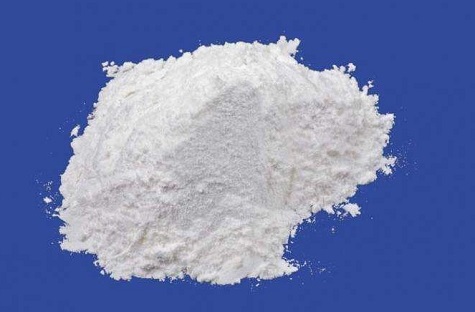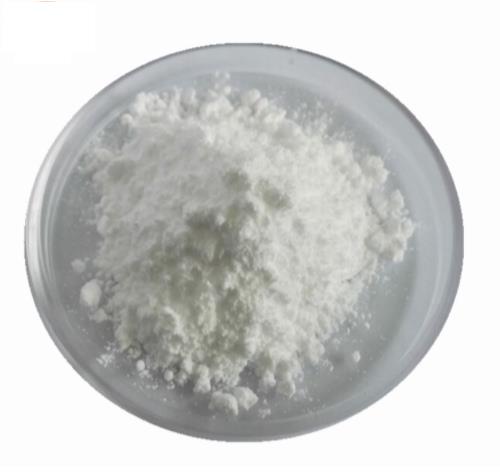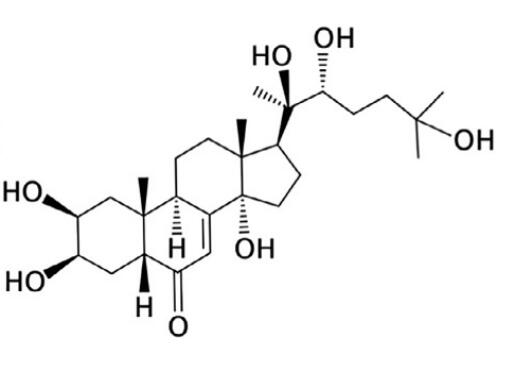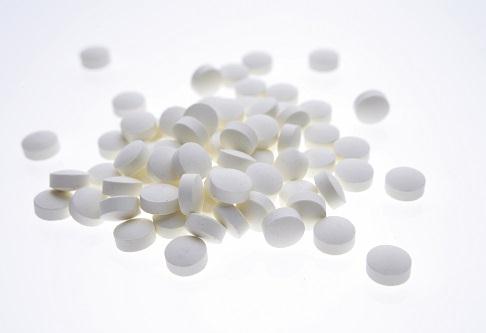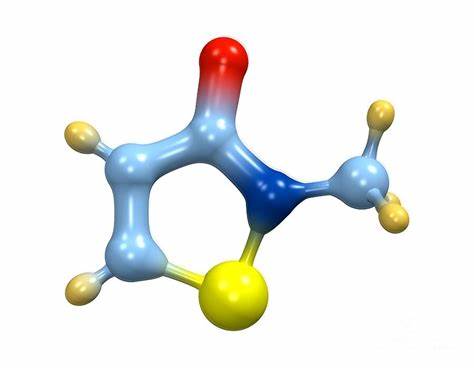Biochemical Engineering is one of the pillar industries of the 21st century and is the interdiscipline of biology, chemistry and engineering, being the general term of biochemical engineering and bio-processing engineering as well as being a branch of biotechnology. It is also one of the frontiers of chemical engineering disciplines and is the means for the conversion of biological technology into productivity, industrialization and commercialization. Biochemical Engineering products are products with animals, plants, microorganisms as raw materials and processing through approaches of biochemical engineering, physics and chemistry. It is widely applied to various kinds of fields including medicine, food, feed, basic organic chemicals, organic acids and bio-pesticides.
Synthesis and biological functions of GABA
GABA acts by binding to transmembrane receptors in the plasma membrane of pre- and postsynaptic neurons.
Jun 23,2022 Biochemical EngineeringBiological functions and Synthesis of Glutamic acid
Glutamic acid is the most abundant excitatory neurotransmitter in vertebrate nervous systems.
Jun 23,2022 Biochemical EngineeringSynthesis and release of Dopamine
Dopamine plays roles as both a hormone and a neurotransmitter. Dopamine inhibits prolactin release and plays a role in reward-motivated behavior.
Jun 23,2022 Biochemical EngineeringCalcitonin
Calcitonin, The first hormone reported to have potent hypocalcemic activity resulting from the suppression of osteoclastic activity.
Jun 23,2022 Biochemical EngineeringSynthesis and Biological functions of 20-hydroxyecdysone
20-hydroxyecdysone (20E) is a steroid hormone conserved among arthropods. 20-hydroxyecdysone induces the transcription of many ecdysone responsive genes via a nuclear receptor ecdysone receptor (EcR).
Jun 20,2022 Biochemical EngineeringBiological functions and synthesis of Aldosterone
Aldosterone is synthesized in the adrenal cortex. Aldosterone regulates the electrolyte and water balance by increasing the renal retention of sodium and the excretion of potassium.
Jun 17,2022 Biochemical EngineeringBiological functions and synthesis of 18-hydroxycorticosterone
18-hydroxycorticosterone serves as an intermediate in the synthesis of aldosterone by the aldosterone synthase in the zona glomerulosa.
Jun 16,2022 Biochemical EngineeringBiological functions and biosynthesis of Corticosteroids
Corticosteroids consist of two physiological classes of steroid hormones: glucocorticoids and mineralocorticoids. Corticosteroids are synthesized in the adrenal cortex in the kidney of vertebrates.
Jun 16,2022 Biochemical EngineeringWhat is MIT?
Methylisothiazolinone(MIT), along with other isothiazolinones, is a biocide widely used as a preservative in personal care products.
Jun 16,2022 Biochemical EngineeringAdrenocorticotropic hormone
A pituitary hormone secreted from the pars distalis, ACTH was one of the first adenohypophysial hormones demonstrated to be present in vertebrates from jawless fish to mammals, together with melanocyt
Jun 14,2022 Biochemical Engineering



